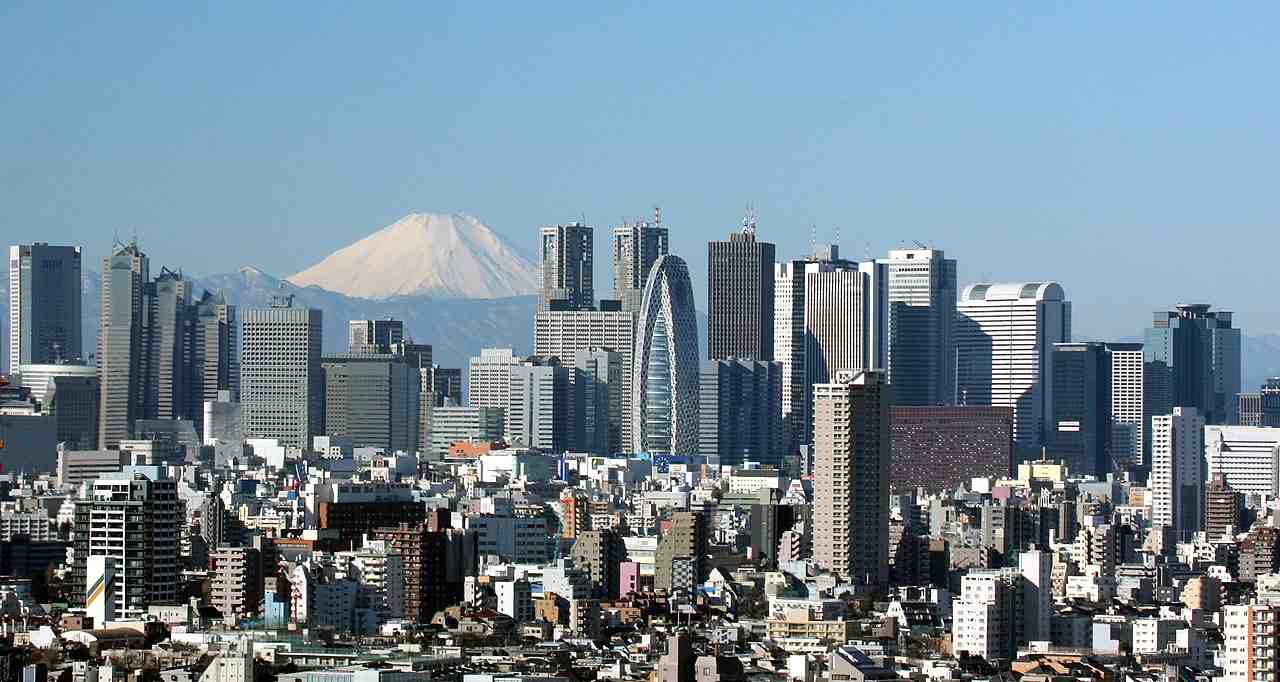Indonesia, the world’s largest archipelagic country with over 270 million people, is one of the most promising emerging markets for foreign investors. With a strengthening economy and an ongoing wave of policy reforms, Indonesia has become a prime investment destination in Southeast Asia. Various sectors—ranging from infrastructure, energy, technology, to manufacturing—offer immense potential. This article will outline the main advantages of investing in Indonesia for foreign investors and the factors that make the country increasingly attractive in the eyes of the international community.
1. Large and Rapidly Growing Market
One of the biggest advantages of investing in Indonesia is its large market. With a vast population and a rapidly growing middle class, Indonesia offers strong domestic demand. This means that businesses entering the Indonesian market can not only focus on exports but can also meet the ever-increasing domestic consumption needs. Sectors such as consumer goods, technology, and financial services have experienced significant growth due to the rise in household consumption.
Moreover, the increasing purchasing power of the population creates a market that is more receptive to premium products, making it a lucrative opportunity for foreign companies, particularly in the food, beverage, and fashion industries, to expand their market share.
2. Abundant Labor and Competitive Production Costs
Indonesia has a large and young workforce, with the majority of its population being of productive age. This provides an advantage for companies that require skilled labor at competitive costs. Labor wages in Indonesia are relatively lower compared to other Asian countries like China, Malaysia, and Thailand, allowing production costs to be minimized without compromising on product quality.
Additionally, the Indonesian government is actively enhancing vocational training and educational programs to create a workforce that is better prepared for the digital era and Industry 4.0. Thus, foreign investors looking to set up factories or manufacturing facilities in Indonesia can benefit from a trained workforce at lower costs.
3. Pro-Investment Government Policies
The Indonesian government is committed to attracting foreign investment by creating a conducive business environment. This is reflected in various pro-investment policies, such as the simplification of licensing through the Online Single Submission (OSS) system, tax incentives for investments in priority sectors, and reduced import tariffs on raw materials. The government has even established Special Economic Zones (SEZs) offering tax incentives and regulatory flexibility to encourage investment in specific regions.
These reforms not only accelerate the licensing process but also reduce the bureaucracy that has long been a major barrier for foreign investors. As a result, investing in Indonesia can now be done more easily, quickly, and transparently.
4. Abundant Natural Resources
Indonesia is endowed with abundant natural resources, including oil, natural gas, coal, minerals, and agricultural products like palm oil and rubber. These resources make Indonesia one of the main suppliers of raw materials for global industries. Investment in the mining and agricultural sectors, for instance, has great potential for long-term growth given the increasing global demand.
Additionally, Indonesia has immense potential in the renewable energy sector, such as geothermal, hydro, and solar energy. This wealth of natural resources opens opportunities for investors to contribute to the green energy sector that the government is actively developing.
5. Strategic Location in Southeast Asia
Indonesia’s geographical location between the Indian Ocean and the Pacific Ocean makes it a strategic logistics and transportation hub in Southeast Asia. This position allows foreign companies to reach other Asian markets more easily, especially ASEAN countries with a combined population of over 650 million people.
As an active member of ASEAN and various international trade agreements, Indonesia has preferential access to a wide range of global markets. With continuous improvements in infrastructure, such as the development of ports, airports, and toll roads, the distribution of products to and from Indonesia is becoming more efficient, reducing logistics costs that have long been a challenge.
6. Stable Economic Growth
In recent years, Indonesia has recorded stable economic growth at around 5% per year, one of the highest in Asia. Although it experienced a slowdown due to the COVID-19 pandemic, Indonesia recovered faster than many other countries. This growth has been driven by investment, domestic consumption, and increasing commodity exports.
With strong growth prospects and stable macroeconomic management, Indonesia offers an attractive return on investment for foreign investors. Moreover, the government is actively encouraging economic diversification, reducing dependence on specific sectors, and increasing economic resilience.
7. Rapid Growth of the Digital and Technology Sector
Indonesia is now one of the largest digital markets in the world. With over 200 million internet users, the investment opportunities in the technology and digital sectors are immense. E-commerce, fintech, edutech, and healthtech are some of the sectors that have attracted a lot of foreign investors. Local unicorns and decacorns such as Gojek, Tokopedia, and Bukalapak have shown that Indonesian startups have great potential to grow to a global level.
The government also supports this development through initiatives like “Making Indonesia 4.0,” which aims to drive digital transformation in various industrial sectors. Foreign investments focusing on technological innovation can leverage a supportive environment and a large market.
8. Diversification of Investment Sectors
Apart from the energy and agricultural sectors, Indonesia also offers opportunities in other sectors such as tourism, property, healthcare, and education. For instance, Indonesia’s tourism sector, known for its natural beauty and cultural diversity, has attracted foreign investors in hospitality and tourism development. Meanwhile, the growing healthcare sector opens opportunities for foreign investors in medical equipment procurement, hospital development, and healthcare services.
9. Conducive Joint Venture Framework
For investors looking to enter the Indonesian market, collaborating with local partners through a joint venture (JV) scheme is often the best option. The Indonesian government provides clear guidelines and a supportive legal framework for foreign investors to establish JVs with local companies. This not only facilitates investment entry but also benefits investors in understanding local market dynamics and complying with existing regulations.
10. Political and Social Stability
Indonesia has successfully maintained political and social stability despite its diverse population in terms of ethnicity, religion, and language. This stability creates a safe environment for foreign investors to conduct business and expand their operations in Indonesia. As the world’s third-largest democracy, Indonesia also has a strong commitment to continually strengthening governance and the rule of law, providing better guarantees for investment protection.
With the various advantages mentioned above, it is no surprise that Indonesia continues to attract foreign investors from around the world. Economic stability, a large market potential, pro-investment policies, and abundant natural resources make Indonesia one of the most attractive investment destinations in the Southeast Asia region.
Read More:
- Five Key Challenges for Indonesia’s New President, Prabowo Subianto
- Erick Thohir: From Global Sports Investor to Indonesia’s SOE Minister
- Abu Dhabi and Qatar Commit to Funding Indonesia’s Ambitious 15 Million Housing Project
- JGC Wins $2.4 Billion EPCI Contract for Indonesia’s Tangguh UCC Project
- Coca-Cola vs. Pepsi: The Never-Ending Battle In the Global Beverage Industry


























